
Mangel Halto: Aruba's Hidden Coastal Gem
Mangel Halto is a serene and picturesque beach located on the southeastern coast of Aruba. This hidden gem is renowned for its crystal-clear turquoise waters and lush mangrove forests, creating an ideal setting for relaxation and adventure alike. Tourists often find themselves captivated by the natural beauty and tranquility that Mangel Halto offers, making it a must-visit destination for anyone looking to experience Aruba's less commercialized side. The beach is a haven for snorkeling enthusiasts, thanks to its vibrant coral reefs and diverse marine life. Visitors can explore underwater treasures such as colorful fish, sea turtles, and even the occasional stingray. The calm, shallow waters make it a perfect spot for both beginners and experienced snorkelers. Additionally, the mangroves provide a unique backdrop for kayaking and paddleboarding, offering a different perspective of the island's landscape. For those who prefer to stay on land, Mangel Halto's sandy shores and shady spots under the mangrove trees provide a perfect setting for a peaceful afternoon. The area is less crowded compared to Aruba's more famous beaches, allowing tourists to enjoy a more intimate and relaxing experience. Whether you're sunbathing, picnicking, or simply taking in the stunning views, Mangel Halto promises a memorable and rejuvenating escape from the hustle and bustle of everyday life.
Local tips in Mangel Halto
- Bring your own snorkeling gear, as there are limited rental options available on-site.
- Visit early in the morning or late in the afternoon to avoid the heat and enjoy a more secluded experience.
- Pack snacks and water, as there are no restaurants or shops nearby.
- Wear water shoes to protect your feet from sharp rocks and coral when entering the water.
- Respect the environment by not disturbing the mangroves or marine life.
Mangel Halto: Aruba's Hidden Coastal Gem
Mangel Halto is a serene and picturesque beach located on the southeastern coast of Aruba. This hidden gem is renowned for its crystal-clear turquoise waters and lush mangrove forests, creating an ideal setting for relaxation and adventure alike. Tourists often find themselves captivated by the natural beauty and tranquility that Mangel Halto offers, making it a must-visit destination for anyone looking to experience Aruba's less commercialized side. The beach is a haven for snorkeling enthusiasts, thanks to its vibrant coral reefs and diverse marine life. Visitors can explore underwater treasures such as colorful fish, sea turtles, and even the occasional stingray. The calm, shallow waters make it a perfect spot for both beginners and experienced snorkelers. Additionally, the mangroves provide a unique backdrop for kayaking and paddleboarding, offering a different perspective of the island's landscape. For those who prefer to stay on land, Mangel Halto's sandy shores and shady spots under the mangrove trees provide a perfect setting for a peaceful afternoon. The area is less crowded compared to Aruba's more famous beaches, allowing tourists to enjoy a more intimate and relaxing experience. Whether you're sunbathing, picnicking, or simply taking in the stunning views, Mangel Halto promises a memorable and rejuvenating escape from the hustle and bustle of everyday life.
When is the best time to go to Mangel Halto?
Iconic landmarks you can’t miss
Natural Bridge Aruba
Discover the breathtaking Natural Bridge Aruba, a historic landmark showcasing stunning natural beauty and geological wonders on the island.
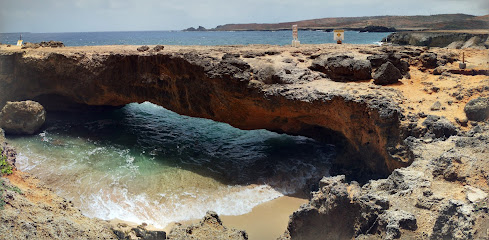
De Palm Island
Experience the ultimate tropical getaway at De Palm Island, Aruba's premier water park and beach destination offering fun for all ages.
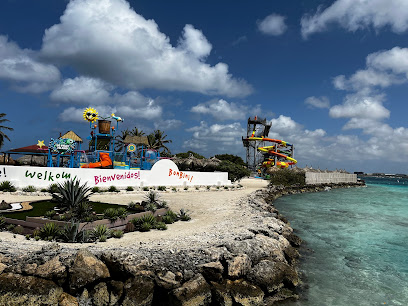
Arikok National Park
Discover Aruba's wild side: Explore caves, hike volcanic hills, and encounter unique wildlife in Arikok National Park.
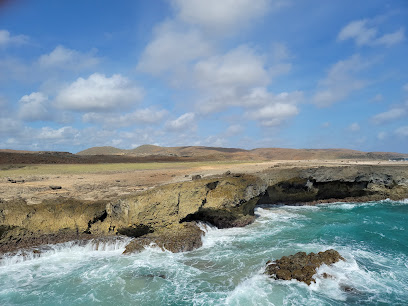
Bushiribana Ruins
Explore the historical significance and stunning coastal views of the Bushiribana Ruins, a captivating landmark in Aruba's rich heritage.
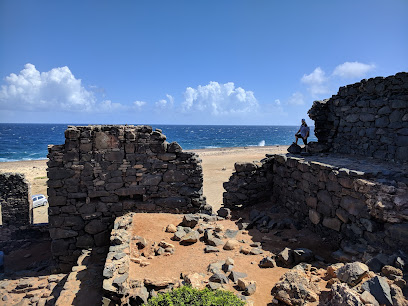
Donkey Sanctuary Aruba
Discover the heartwarming world of Donkey Sanctuary Aruba, a wildlife refuge where you can connect with friendly donkeys in a stunning natural setting.
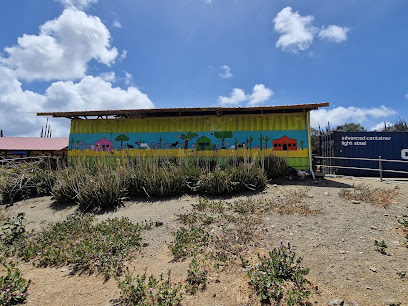
Fofoti Tree
Discover the breathtaking beauty of the Fofoti Tree in Aruba, a natural wonder and iconic landmark that captures the spirit of the island's stunning landscapes.
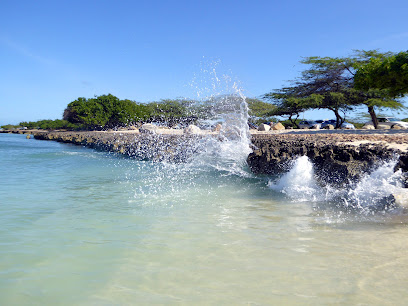
Fontein Cave
Explore Fontein Cave in Aruba, where stunning limestone formations and ancient petroglyphs await your discovery in a captivating natural landscape.
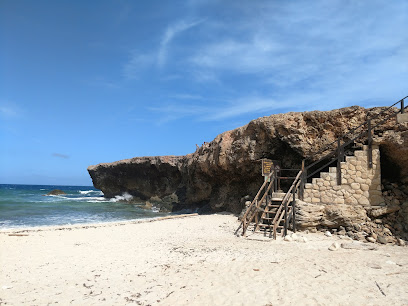
Quadirikiri Cave
Discover Aruba's hidden gem: Quadirikiri Cave in Arikok National Park, where sunlight illuminates ancient mysteries and natural beauty.
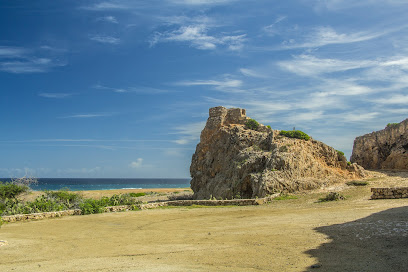
Aruba Bob Snorkel & Scuba
Explore the stunning underwater world of Aruba with Aruba Bob Snorkel & Scuba, offering unforgettable snorkeling and scuba diving experiences.
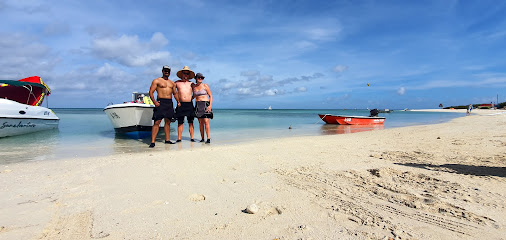
Aruba Ostrich Farm
Experience the wonders of wildlife at Aruba Ostrich Farm, where education meets fun in a beautiful natural setting.
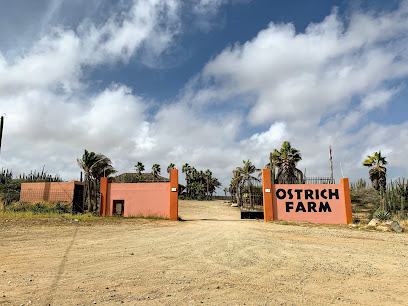
Plaza Turismo
Experience Aruba's culture, shopping, and dining at Plaza Turismo, a vibrant hub in the heart of Oranjestad.
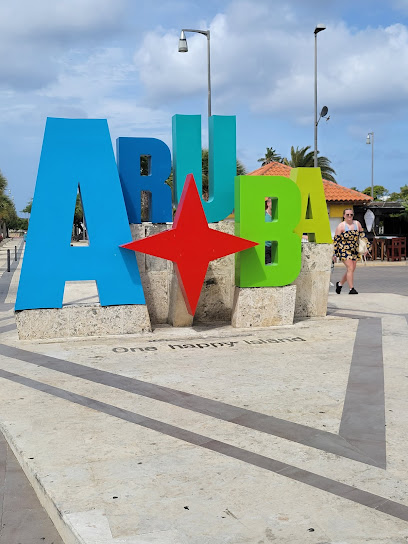
Museo Historico Aruba
Explore the cultural and historical treasures of Aruba at Museo Historico, a must-visit destination for history enthusiasts and curious travelers.
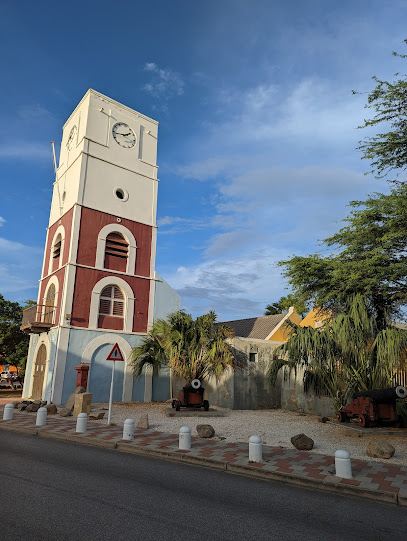
Hooiberg Hiking Trail
Hike Aruba's iconic Hooiberg for panoramic island views and a rewarding workout. A must-do for nature lovers!
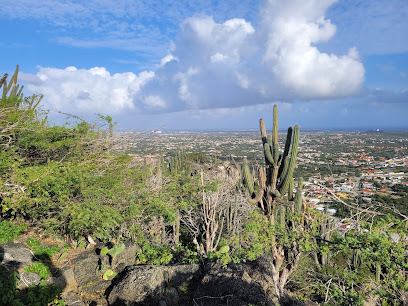
Blackstone beach
Explore the stunning Blackstone Beach, Aruba's unique black pebble beach, perfect for relaxation, history, and breathtaking sunsets.
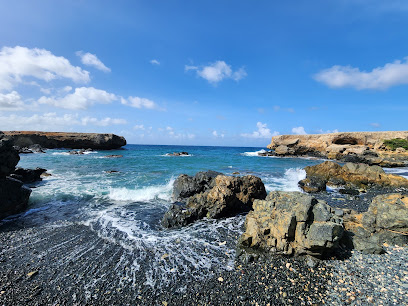
I Love Aruba Sign
Discover the 'I Love Aruba' sign in Oranjestad, a vibrant symbol of love for the island and a perfect photo opportunity amidst stunning Caribbean views.
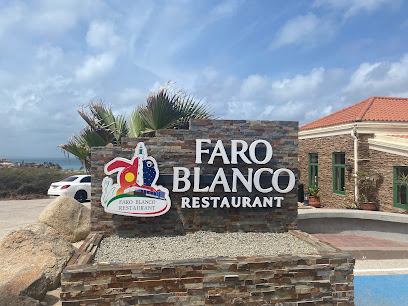
Unmissable attractions to see
Aruba Aloe Factory Museum and Store
Explore Aruba's aloe heritage: museum, factory tour, and premium aloe products await at the Aruba Aloe Factory, Museum and Store.
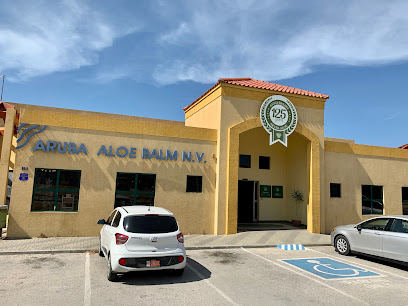
Bushiribana Gold Smelter
Explore the historic Bushiribana Gold Smelter ruins on Aruba's north coast, a window into the island's 19th-century gold mining era.
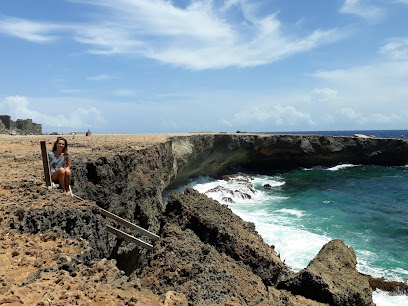
Druif Beach
Escape to Druif Beach in Aruba for serene shores, calm waters, and a relaxing Caribbean getaway near Oranjestad's vibrant attractions.
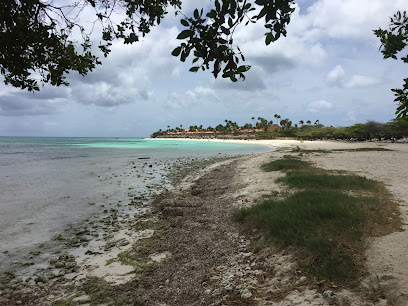
On The Rocks
Experience exquisite Caribbean flavors and a vibrant atmosphere at On The Rocks, a must-visit dining destination in The Cove Mall, Aruba.

Pos Chiquito Beach Park
Discover Pos Chiquito Beach Park: Aruba's serene escape for snorkeling, relaxation, and stunning sunsets in a tranquil, natural setting.
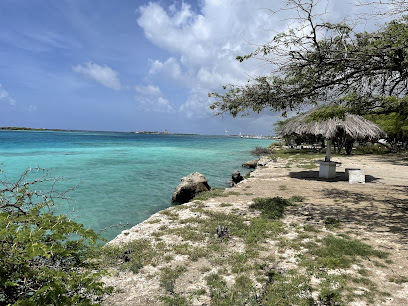
Alto Vista Winery & Distillery
Experience the surprising flavors of Aruba at its first and only winery & distillery, near the historic Alto Vista Chapel.
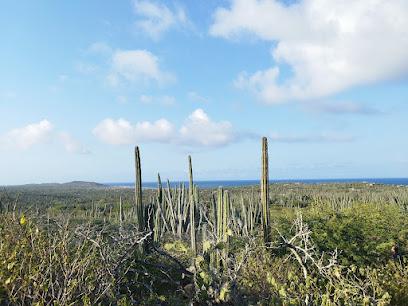
AGW TOURS ARUBA
Climb Aruba's iconic Hooiberg for panoramic island views. A rewarding hike with stunning vistas awaits!
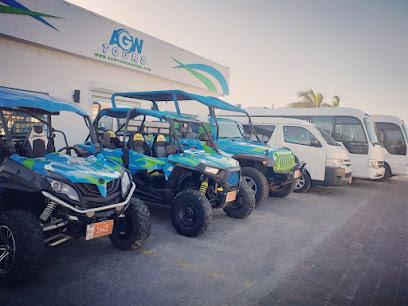
Clear Kayak Aruba
Discover Aruba's underwater beauty from a unique perspective with clear-bottom kayaks. Guided tours to vibrant reefs and hidden gems await!
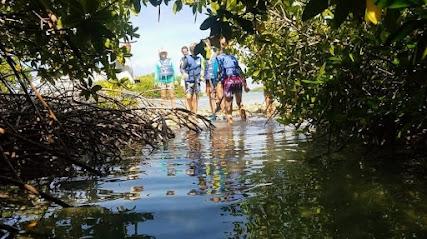
Bogart's chef's table Aruba
Experience a sophisticated and secretive culinary journey at Bogart's Chef's Table, where fine dining meets casual elegance in the heart of Aruba.

L'Avenue Aruba
Experience authentic Belgian-French cuisine with a Caribbean twist at L'Avenue Aruba, offering delightful dishes and a wide selection of Belgian beers.

Savaneta Beach
Discover Savaneta Beach: A tranquil Aruban escape with calm waters, local charm, and stunning sunsets away from the tourist crowds.
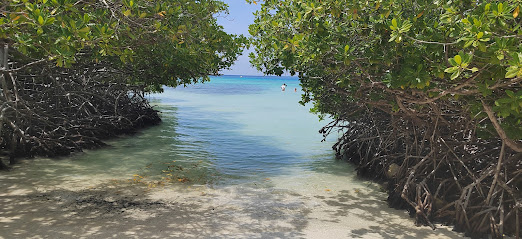
Linear Park Spaans Lagoen
Explore Linear Park Spaans Lagoen in Aruba: Hike scenic trails, discover diverse wildlife, and immerse yourself in Caribbean nature's tranquility.
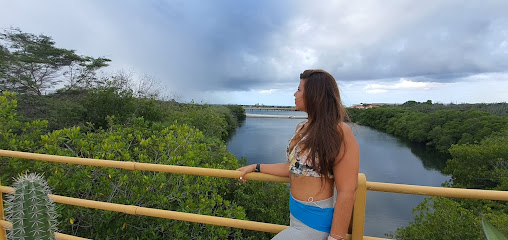
Natural Aquamarine
Discover the tranquil beauty of Natural Aquamarine in Santa Cruz, Aruba, where crystal-clear waters meet vibrant marine life in a tropical paradise.
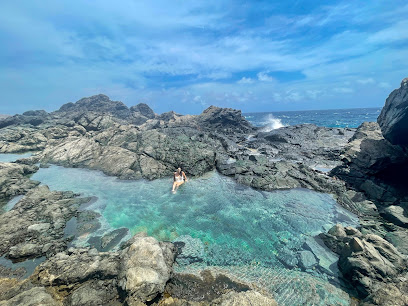
Drunken Burger
Gourmet burgers, creative cocktails, and a fun atmosphere await at Drunken Burger in The Cove Mall, Aruba. A must-try dining experience!

Boca Prins
Discover Aruba's wild side at Boca Prins: stunning dunes, rugged cliffs, and dramatic waves in Arikok National Park. A photographer's and nature lover's paradise.
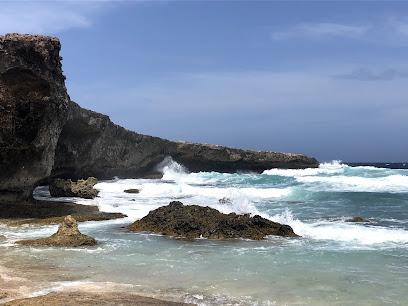
Essential places to dine
Zeerover
Experience Aruba's freshest seafood at Zeerover in Savaneta - a vibrant eatery with stunning views and delicious local flavors.
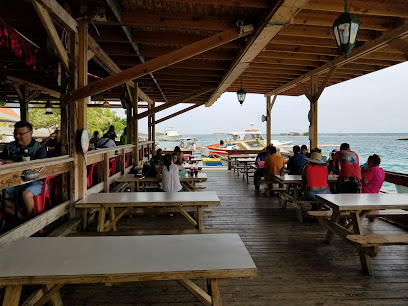
Flying Fishbone
Experience exquisite seafood dining at Flying Fishbone in Aruba, where fresh catches meet breathtaking ocean views for an unforgettable meal.
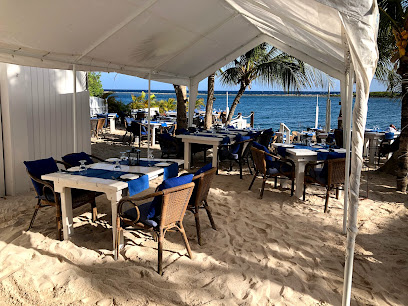
La Granja Savaneta
Experience authentic Peruvian cuisine at La Granja Savaneta in Aruba – where every dish tells a story of rich flavors and tradition.
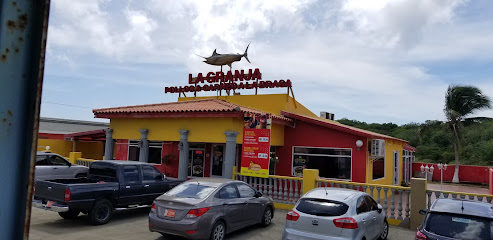
Marina Pirata Restaurant
Experience authentic Aruban cuisine with stunning waterfront views at Marina Pirata Restaurant in Savaneta.
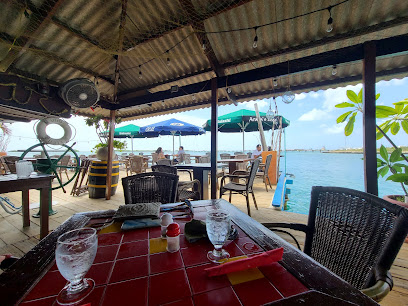
Tia Rosa Snack
Experience authentic Aruban cuisine at Tia Rosa Snack - where local flavors meet a friendly atmosphere in Savaneta.
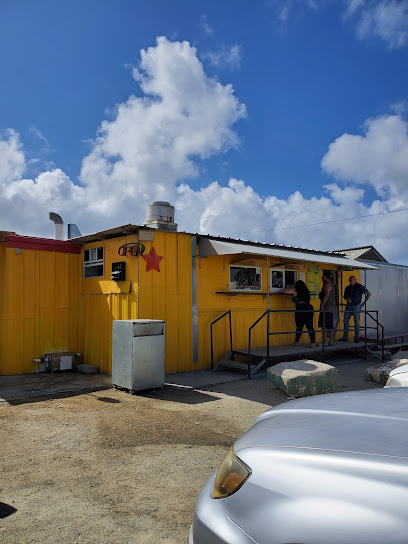
Fish House Island Bar and Restaurant
Experience authentic Caribbean cuisine at Fish House Island Bar and Restaurant in Aruba, where fresh seafood meets island charm.
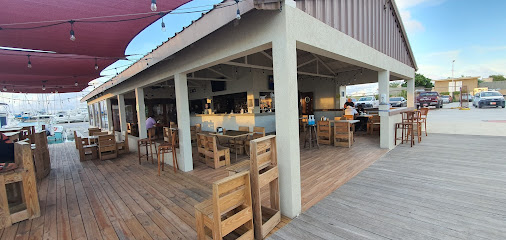
The Old Man and the Sea restaurant
Experience exquisite seafood dining at The Old Man and the Sea in Savaneta, Aruba—where culinary artistry meets breathtaking ocean views.
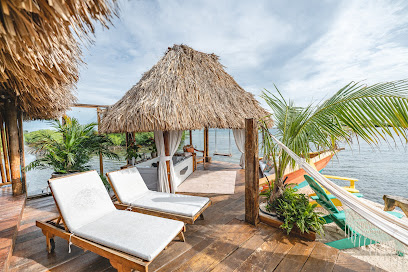
La Tavola
Experience family-friendly dining at La Tavola in Savaneta - where Caribbean flavors meet warm hospitality for an unforgettable meal.
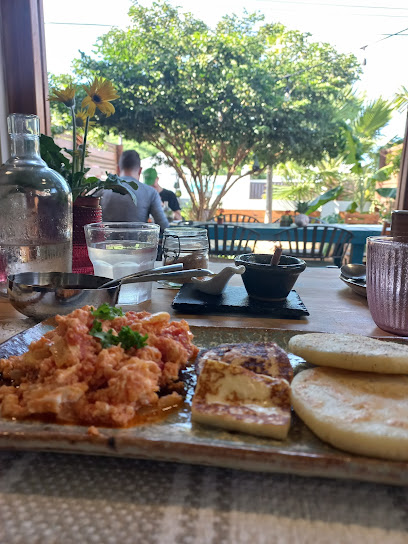
G&G Pizza Co. & The WingShack
Indulge in mouthwatering chicken wings and authentic Italian pizza at G&G Pizza Co. & The WingShack in Savaneta, Aruba's culinary gem.
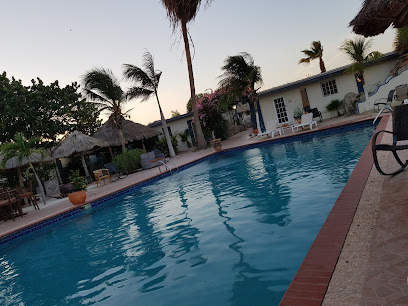
Aruba Nautical Club
Experience exquisite dining with stunning marina views at Aruba Nautical Club - where culinary delights meet nautical charm.
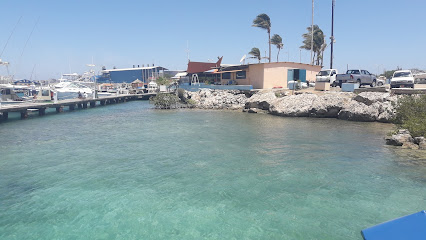
Magu
Discover Magu: Savor mouthwatering burgers and hot dogs at this beloved Aruban eatery in Savaneta.
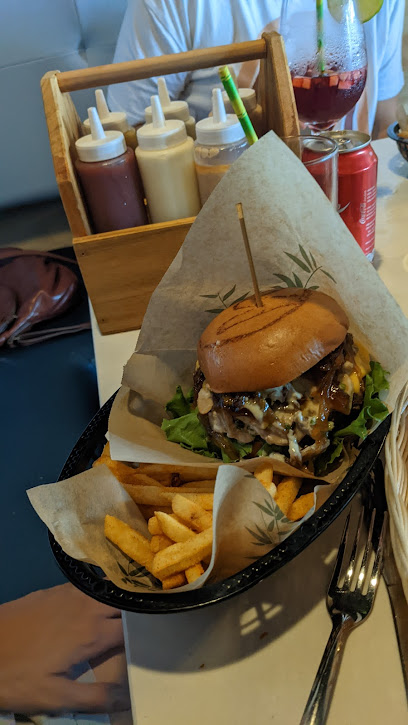
Tio Pepe Bar & Restaurant
Discover Tio Pepe Bar & Restaurant in Savaneta, where Chinese cuisine meets Caribbean charm for an unforgettable dining experience.
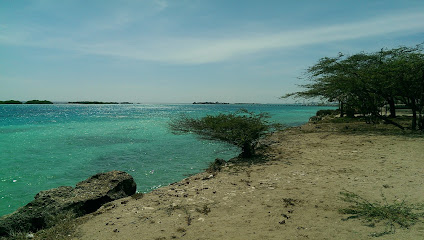
Delicious Burger
Discover Delicious Burger in Savaneta, Aruba – where juicy burgers meet vibrant island vibes for an unforgettable dining experience.
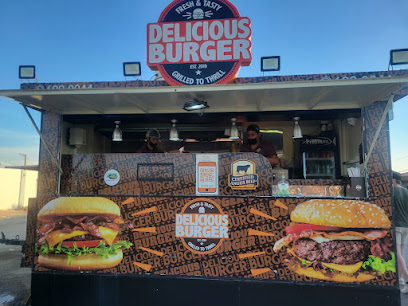
Great Rich
Experience exquisite Caribbean flavors at Great Rich in Paradera - where every dish tells a story.
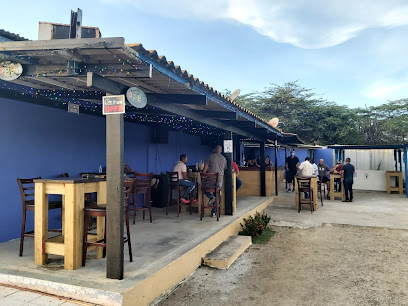
Asia Srang Bar & Restaurant
Experience the best of local and Asian cuisine at Asia Srang Bar & Restaurant in Savaneta, Aruba.
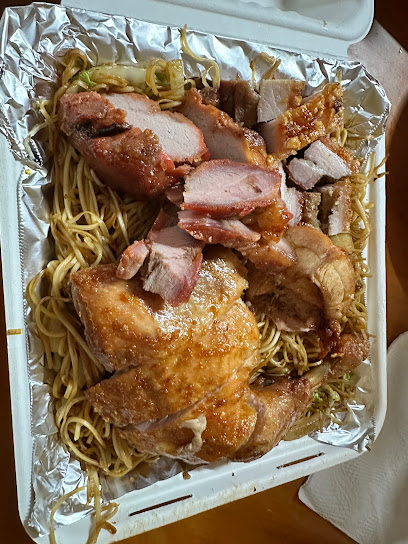
Markets, malls and hidden boutiques
Melz Fashion
Explore a curated selection of trendy clothing and accessories at Melz Fashion in Santa Cruz, Aruba, your ultimate shopping destination.
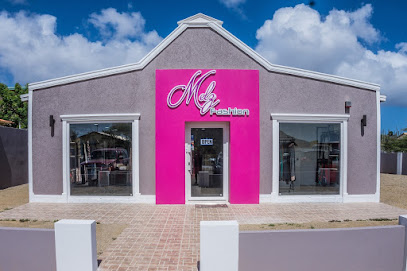
Kam Man Supermarket
Discover the flavors of China at Kam Man Supermarket in Savaneta, Aruba, where culinary adventure meets local charm.
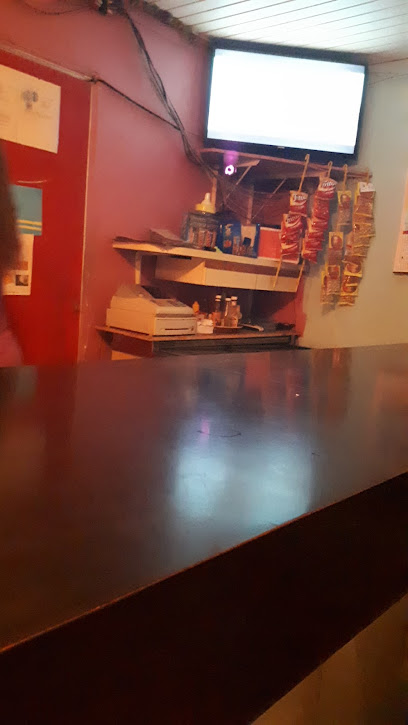
K&G Piedra Plat
Discover K&G Piedra Plat, Aruba's go-to destination for unique gifts, art supplies, and creative crafting essentials in a vibrant shopping experience.

You Hui Foodmart
Explore the flavors of Aruba at You Hui Foodmart, your go-to supermarket for local and international products in Savaneta.
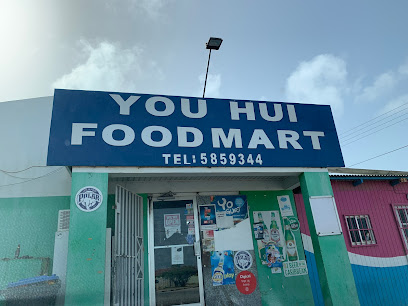
Exclusive Vintage Boutique
Uncover exceptional vintage clothing treasures at Exclusive Vintage Boutique in Oranjestad, Aruba, where every piece has a story.
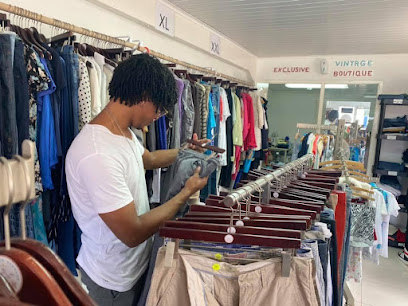
Aruba Online Shopping Mall
Experience a shopping haven at the Aruba Online Shopping Mall, where international brands meet local treasures in the heart of Oranjestad.

Curiosa By Caroll
Explore unique gifts and aromatherapy at Curiosa By Caroll, a must-visit shop in Oranjestad, Aruba, for every traveler seeking authentic souvenirs.
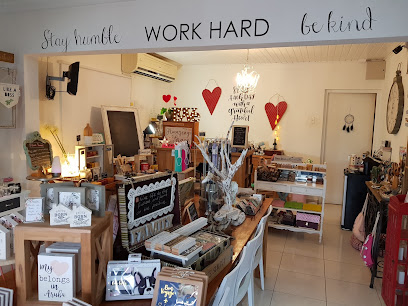
Off the hanger boutique aruba
Explore the vibrant fashion scene in Aruba at Off the Hanger Boutique, where style meets island charm and unique finds await every visitor.

FLAMAZING DAY
Discover FLAMAZING DAY in Aruba - where delightful ice cream flavors meet the beautiful Caribbean ambiance for an unforgettable treat.
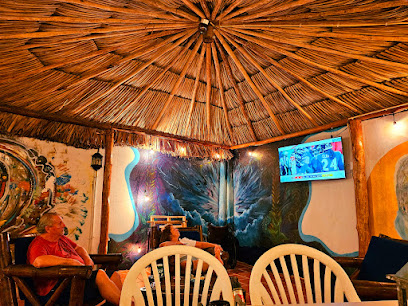
Lucky Family Store
Explore unique home goods at Lucky Family Store, a charming shopping spot in Savaneta, Aruba, perfect for tourists seeking authentic souvenirs.

Unico Hardware
Explore Unico Hardware in Savaneta, Aruba – your essential stop for tools, local crafts, and home improvement supplies while enjoying the island life.
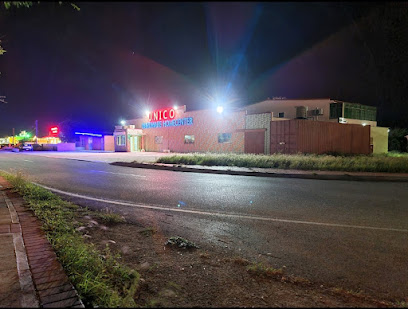
Shaye Boutique Aruba
Discover unique fashion treasures at Shaye Boutique Aruba, where island style meets vibrant culture in a charming shopping experience.

Coconuts De Palm Island
Discover the essence of Aruba at Coconuts De Palm Island, your go-to gift shop for unique souvenirs and local treasures.
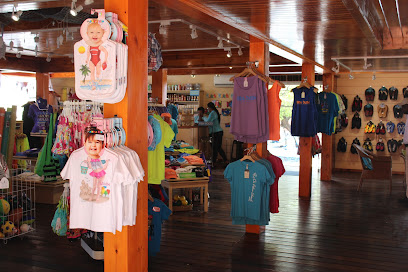
Santa Point Plaza Mall
Experience the vibrant shopping scene at Santa Point Plaza Mall in Santa Cruz, where Aruba's fashion meets local culture.

Brooklyn Clothing
Discover unique local fashion at Brooklyn Clothing in Pos Chiquito, a vibrant shopping experience that embodies the spirit of Aruba.
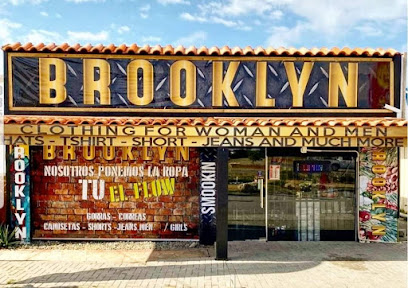
Essential bars & hidden hideouts
Zeerover
Experience the freshest seafood in Aruba at Zeerover, where local charm meets mouthwatering flavors in a stunning seaside setting.
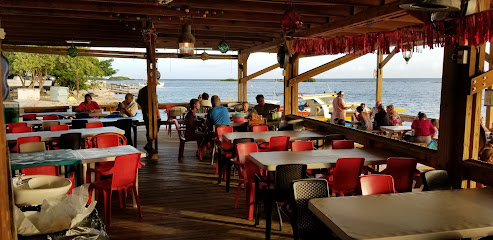
MooMba Beach Bar & Restaurant
Discover the essence of island life at MooMba Beach Bar & Restaurant, your go-to destination for delicious food and breathtaking beach views in Aruba.
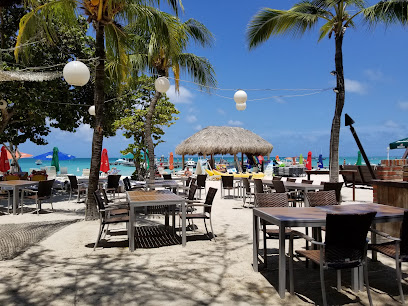
Bugaloe
Experience the vibrant flavors and breathtaking views at Bugaloe, Aruba's premier grill restaurant on the beautiful Caribbean coast.
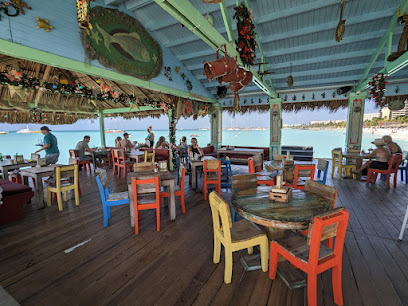
Lucy's Retired Surfers Bar & Restaurant
Experience the vibrant culture and delicious cuisine at Lucy's Retired Surfers Bar & Restaurant in Oranjestad, Aruba.
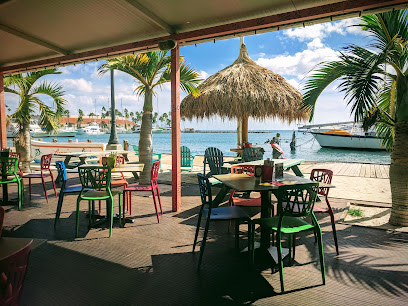
Pinchos Bar and Grill
Experience the vibrant flavors of Caribbean cuisine with breathtaking ocean views at Pinchos Bar and Grill in Oranjestad, Aruba.
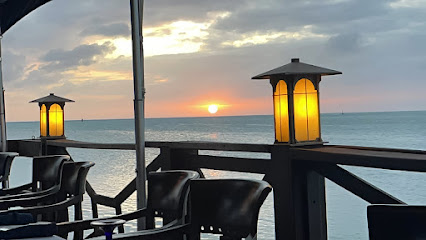
Reflexions Beach Bar & Restaurant Aruba
Discover the perfect blend of dining, nightlife, and stunning ocean views at Reflexions Beach Bar & Restaurant in Aruba.
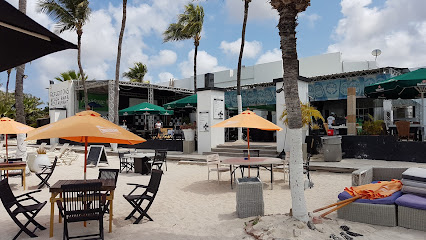
Surfside Beach Bar
Experience the ultimate beachfront escape at Surfside Beach Bar in Aruba, where refreshing drinks and stunning views await.
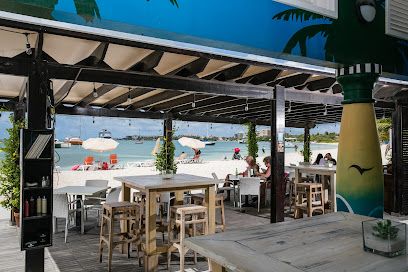
Charlie's Bar and Restaurant
Experience the heart of Aruba at Charlie's Bar and Restaurant, where delicious cuisine meets vibrant local culture.
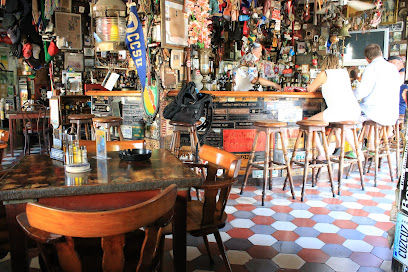
Rum Reef
Discover the best of Caribbean cuisine at Rum Reef, a grill restaurant in Aruba offering delicious food with stunning beach views.
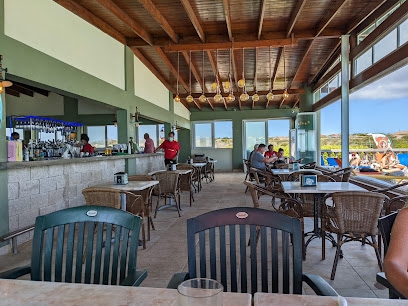
Marina Pirata Restaurant
Experience authentic Caribbean dining at Marina Pirata Restaurant, where fresh seafood meets stunning lagoon views in Savaneta, Aruba.
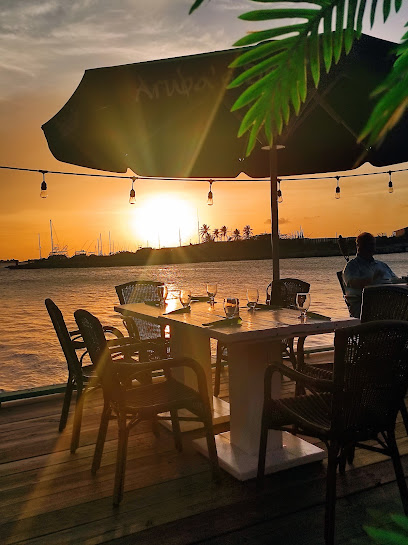
Ché Bar
Experience the vibrant nightlife at Ché Bar in Aruba, where refreshing drinks and a lively atmosphere await you.
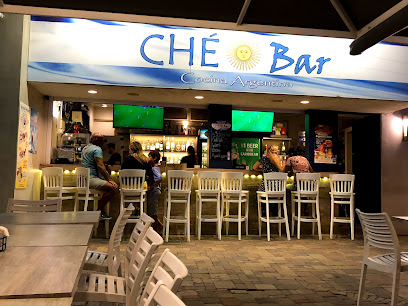
Sandra's Garden
Discover the tranquility of Sandra's Garden in Aruba, where lush surroundings meet vibrant flavors in an inviting bar and café experience.
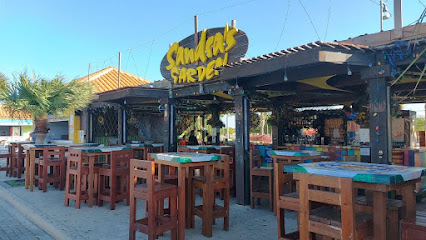
Café Chaos
Experience the vibrant nightlife at Café Chaos in Oranjestad, Aruba, renowned for creative cocktails, live music, and a welcoming atmosphere.
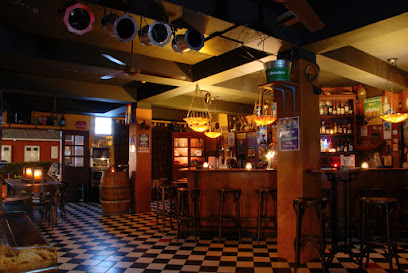
Mangel Halto Bar
Discover the vibrant atmosphere of Mangel Halto Bar in Aruba, where stunning views and refreshing drinks create an unforgettable tropical escape.
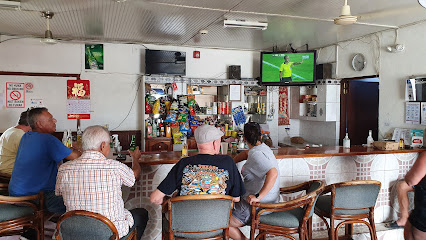
Local Phrases about Mangel Halto
-
- HelloBon dia
[bon dee-ah] - GoodbyeAyo
[eye-yo] - YesSi
[see] - NoNo
[no] - Please/You're welcomePor fabor
[por fa-bor] - Thank youDanki
[dan-kee] - Excuse me/SorryPardon
[par-don] - How are you?Con ta bai?
[kon ta bye] - Fine. And you?Bon. I bo?
[bon. ee bo] - Do you speak English?Bo papia Ingles?
[bo pa-pee-ah ing-gles] - I don't understandMi no comprende
[mee no kom-pren-de]
- HelloBon dia
-
- I'd like to see the menu, pleaseMi ke mira e menu, por fabor
[mee kee mee-rah eh meh-noo, por fa-bor] - I don't eat meatMi no ta come carne
[mee no ta ko-me kar-ne] - Cheers!Salud!
[sa-lood] - I would like to pay, pleaseMi ke paga, por fabor
[mee kee pa-ga, por fa-bor]
- I'd like to see the menu, pleaseMi ke mira e menu, por fabor
-
- Help!Yuda!
[yoo-da] - Go away!Bai for di mi!
[bye for dee mee] - Call the Police!Yama polis!
[ya-ma po-lease] - Call a doctor!Yama un dokter!
[ya-ma oon dok-ter] - I'm lostMi a keda perdi
[mee ah ke-da per-dee] - I'm illMi ta malu
[mee ta ma-loo]
- Help!Yuda!
-
- I'd like to buy...Mi ke cumpra...
[mee kee koom-pra] - I'm just lookingMi ta mira solamente
[mee ta mee-rah so-la-men-te] - How much is it?Cuanto ta e prijs?
[kwan-to ta eh prays] - That's too expensiveEsaki ta muchu caro
[eh-sa-kee ta moo-choo ka-ro] - Can you lower the price?Bo por baha e prijs?
[bo por ba-ha eh prays]
- I'd like to buy...Mi ke cumpra...
-
- What time is it?Kuantu ora ta?
[kwan-too o-ra ta] - It's one o'clockTa un ora
[ta oon o-ra] - Half past (10)Mitad di dies
[mee-tad dee des] - MorningMadruga
[mad-roo-ga] - AfternoonAtardi
[ah-tar-dee] - EveningAnochi
[a-no-chee] - YesterdayAnoche
[a-no-che] - TodayAwe
[a-weh] - TomorrowMañana
[ma-nya-na] - 1Uno
[oo-no] - 2Dos
[dose] - 3Tres
[tres] - 4Cuatro
[kwa-tro] - 5Cinco
[seen-ko] - 6Seis
[sace] - 7Siete
[see-et-eh] - 8Ocho
[o-cho] - 9Nueve
[nweh-veh] - 10Diez
[dees]
- What time is it?Kuantu ora ta?
-
- Where's a/the...?Unda ta...?
[oon-da ta] - What's the address?Kico ta e adres?
[kee-ko ta eh a-dres] - Can you show me (on the map)?Bo por mustra mi (riba e mapa)?
[bo por moos-tra mee ree-ba eh ma-pa] - When's the next (bus)?Ki ora ta e siguiente (bus)?
[kee o-ra ta eh see-gwee-en-te (bus)] - A ticket (to ....)Un papiamento (pa ....)
[oon pa-pee-a-men-to (pa)]
- Where's a/the...?Unda ta...?
History of Mangel Halto
-
Before European contact, the area known as Mangel Halto was home to the Caquetío people, a branch of the Arawak tribe. These indigenous inhabitants thrived on fishing and agriculture, utilizing the rich coastal resources. They lived in harmony with nature, creating a sustainable lifestyle that left minimal impact on the environment.
-
In 1499, Spanish explorers led by Alonso de Ojeda arrived in Aruba. The Spanish colonization period brought significant changes to the island's demographics and culture. Although Aruba was not heavily populated by the Spanish, they left a lasting impact through the introduction of Christianity and European customs.
-
In 1636, the Dutch West India Company took control of Aruba, integrating the island into their extensive trade network. The establishment of Fort Zoutman in 1798 marked a pivotal moment in the island's history. This fortification served as a defense against pirates and foreign invaders, symbolizing the strategic importance of the island.
-
The late 19th century saw the onset of a gold rush in Aruba, transforming the island's economy and society. Mangel Halto became one of the regions where prospectors searched for gold. This period brought an influx of fortune seekers, altering the landscape and contributing to the development of infrastructure.
-
The 20th century ushered in an era of economic prosperity with the establishment of oil refineries. The Lago Oil and Transport Company, founded in 1924, played a crucial role in Aruba's economic development. This industrial boom brought jobs, modern amenities, and a diverse workforce to the island.
-
In recent decades, Mangel Halto has become a focal point for environmental conservation efforts. Local organizations and the government have worked tirelessly to preserve the area's unique mangrove ecosystems and marine life. These initiatives aim to balance tourism with sustainability, ensuring that future generations can enjoy Mangel Halto's natural beauty.
-
Today, Mangel Halto is renowned for its stunning snorkeling spots, serene beaches, and vibrant mangroves. It is a popular destination for both tourists and locals, offering a blend of relaxation and adventure. The area's rich history and cultural significance are celebrated through various festivals and community events, reflecting Aruba's diverse heritage.
Mangel Halto Essentials
-
Mangel Halto is located on the southern coast of Aruba, near the town of Pos Chiquito. The nearest international airport is Queen Beatrix International Airport (AUA) in Oranjestad, approximately 15 kilometers away. From the airport, you can take a taxi or rent a car to get to Mangel Halto. The drive typically takes around 20 minutes. Alternatively, you can use the Arubus public transportation system, which has routes connecting Oranjestad to Pos Chiquito.
-
While Mangel Halto is relatively small and walkable, renting a car is recommended for exploring the surrounding areas and beaches. Taxis are available but can be expensive for longer distances. The Arubus public transportation system is a cost-effective option, with regular buses running between major towns and tourist areas. Biking is also a popular way to explore the coastline, with several rental shops available.
-
The official currency in Aruba is the Aruban Florin (AWG). However, US dollars are widely accepted throughout the island. Credit cards are accepted in most hotels, restaurants, and shops, but it’s advisable to carry some cash for smaller establishments and markets. ATMs are available in Pos Chiquito and Oranjestad, where you can withdraw both Florins and US dollars.
-
Aruba is generally considered a safe destination for tourists. However, it’s always wise to take standard precautions. Avoid leaving valuables unattended on the beach and be cautious when walking alone at night. While Mangel Halto itself is safe, some areas in Oranjestad have higher crime rates targeting tourists, particularly late at night. Always stay vigilant and aware of your surroundings.
-
In case of emergency, dial 911 for police, fire, or medical assistance. The nearest medical facilities are located in Oranjestad, including the Dr. Horacio E. Oduber Hospital. It’s recommended to have travel insurance that covers medical emergencies. For minor health issues, there are pharmacies in Pos Chiquito where you can purchase over-the-counter medications.
-
Fashion: Do wear light, breathable clothing suitable for a tropical climate. Avoid overly revealing swimwear outside of the beach areas. Religion: Do respect local customs and traditions, especially when visiting churches. Public Transport: Do be respectful and considerate of other passengers on public buses. Don't play loud music or eat on public transport. Greetings: Do greet people with a friendly 'Bon Bini' (Welcome) or 'Bon Dia' (Good Day). A handshake is also common. Eating & Drinking: Do try local dishes such as Keshi Yena and Pastechi. Don't refuse food or drink offerings, as it may be considered impolite.
-
To experience Mangel Halto like a local, take the time to explore the mangroves and shallow bays which are great for snorkeling and kayaking. Visit local eateries in Pos Chiquito for authentic Aruban cuisine. Engage with locals who are often friendly and willing to share stories about the area’s history and culture. Don’t miss the chance to see the sunset from Mangel Halto Beach, which offers some of the most beautiful views on the island.
Trending Landmarks in Mangel Halto
Nearby Cities to Mangel Halto
-
Things To Do in Savaneta
-
Things To Do in Santa Cruz
-
Things To Do in Paradera
-
Things To Do in Sero Blanco
-
Things To Do in Oranjestad
-
Things To Do in Tanki Leendert
-
Things To Do in San Nicolas
-
Things To Do in Palm Beach
-
Things To Do in Noord
-
Things To Do in Sabana Westpunt
-
Things To Do in Westpunt
-
Things To Do in Soto
-
Things To Do in Barber
-
Things To Do in Sint Michiel
-
Things To Do in Julianadorp





